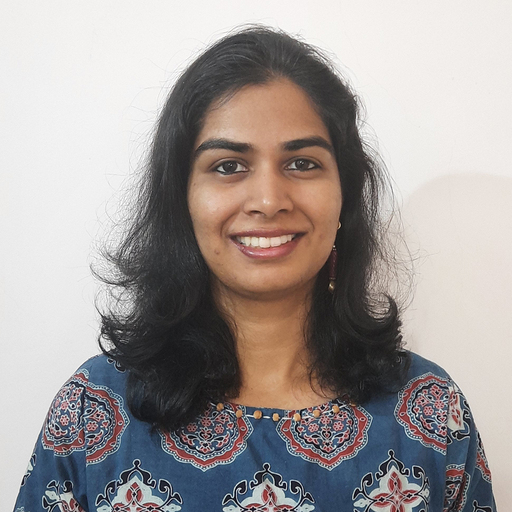2024 May 16
Metadata matching 101: what is it and why do we need it?
At Crossref and ROR, we develop and run processes that match metadata at scale, creating relationships between millions of entities in the scholarly record. Over the last few years, we’ve spent a lot of time diving into details about metadata matching strategies, evaluation, and integration. It is quite possibly our favourite thing to talk and write about! But sometimes it is good to step back and look at the problem from a wider perspective.












